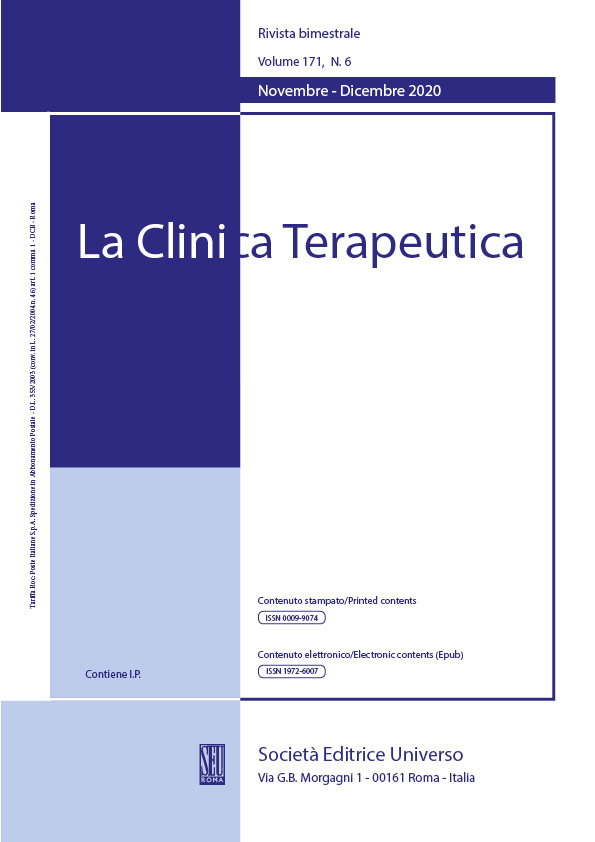Abstract
Laryngeal squamous cell carcinoma (LSCC) is the most common malignant neoplasms of the head and neck. Several treatment options exist for LSCC according to cancer location and stage at diagnosis; proposed treatments include surgery alone or in combination with chemotherapy and radiotherapy. In selected LSCC cases in the T2–T4 staging, supracricoid laryngectomy (SCL) is an organ-sparing surgical approach aimed at preserving the main laryngeal functions that has been proposed as an alternative to total laryngectomy. Rehabilitation for swallowing and respiratory functions plays a central role after SCL; functional outcomes after SCL may significantly vary among different centers but they are generally satisfactory when oncological radicality has been obtained and the rehabilitation protocol starts promptly. In this clinical review, we analyzed functional outcomes for swallowing and voice rehabilitation in patients after SCL, as well as the optimal SCL surgical technique, post-operative complications and comparison with total laryngectomy or radiochemotherapy protocols.
